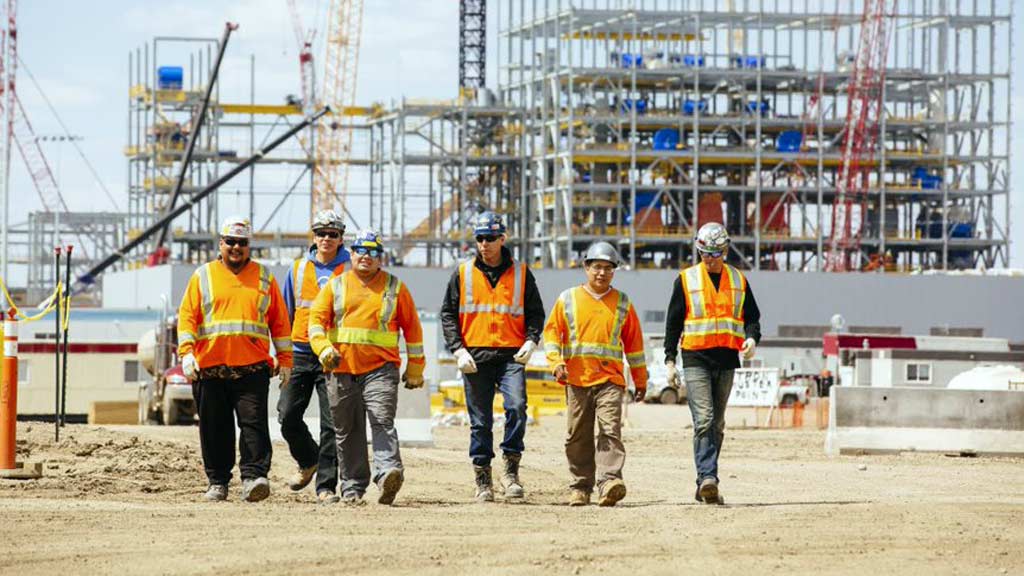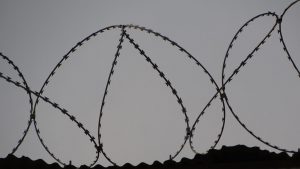A new group hopes to create a unified voice for Indigenous construction companies in Saskatchewan.
Several Saskatchewan Construction Association (SCA) members recently formed the Indigenous Owned Construction Companies Group (IOCCG), which defines its purpose as “an association to represent Indigenous-owned construction companies that seek to increase the socio-economic impact of construction activities for Indigenous peoples.”
John Desjarlais, the chairman of the group’s board of directors, explained its members are looking to support and advocate for economic reconciliation. And a big part of this is recognizing and addressing the unique needs of Indigenous-owned companies looking to participate in the construction sector.
Desjarlais is the general manager for Great Plains Contracting, which is a partnership between First Nations communities, First Nations general contractor Points Athabasca and Graham construction.
One of the glaring issues the group aims to tackle is procurement.
“With Indigenous procurement there is no best practices or base of knowledge,” said Desjarlais. “Everything is informal and anecdotal. It hasn’t really been investigated.”
But IOCCG hopes to change this by facilitating research, creating a targeted approach with best practices. While many in the industry and government say they want to have Indigenous-owned companies and Indigenous workers participate on projects, procurement models don’t reflect that.
“The problem is that they don’t recognize Indigenous businesses from a perspective of equity,” he explained. “These businesses are born out of a desire to participate in the market and a way for Indigenous people to achieve wealth creation.”
He explained sometimes discussion of tweaking procurement to include Indigenous companies and workers can cause some to feel it’s unfair.
Desjarlais says a major part of the IOCCG will be educating the industry about how Indigenous companies are set up and Canada’s history with Indigenous people.
“The market says that this is favouritism and special treatment, but we hope to create language and education around economic reconciliation and mechanisms that address equality,” he said. “People are just starting to understand and see Canada’s relationship with Indigenous people and the inter-generational and socio-economic challenges related to policies of economic exclusion. It’s a matter of catching up and a matter of fairness and procurement needs to reflect that.”
He added many Indigenous companies are relatively new and haven’t had years of boom times to develop their workforce and acquire the assets needed to compete on large projects.
“The market and procurement practices typically favour experience depth and high performance,” said Desjarlais.
He added the group also intends to create unity among Indigenous companies which historically have not worked well together.
DesJarlais said in the past, many of these companies were pushed into the same niche parts of the market which created competition among them.
“We feel it is incredibly important to unify and create a strong voice around this so we can speak about how to do this better,” he said.
He believes helping Indigenous construction is good for the health of the entire industry.
“The construction industry is an incredible employer of Indigenous people,” said Desjarlais. “If our Indigenous people can do better, it supports the resource economy which is critical for Canada’s economic health.”
He explained the group plans to begin engaging with the province’s various construction associations to co-ordinate its efforts. The group does not want to compete with or erode existing associations, but instead work with them.
“Indigenous people are the fasted growing demographic by multitudes,” he said. “That’s where the labour, skills and supervision needs to come from. We want to support the economy and develop the capacity to serve the rest of the construction market.”
The IOCCG has identified the following responsibilities/mandates:
- Advocating for best practices with respect to Indigenous procurement;
- advancing Indigenous economic development and meaningful engagement;
- driving individual growth for Indigenous people through the creation of careers; and
- building capacity within the Indigenous community to meet the needs of a growing economy.
The group is currently made up of 10 different construction companies that are at least 51 per cent Indigenous owned and operated, including individual, community and tribal-owned organizations. They are looking for new members and partners to fund its efforts.
Follow the author on Twitter @RussellReports.











Recent Comments